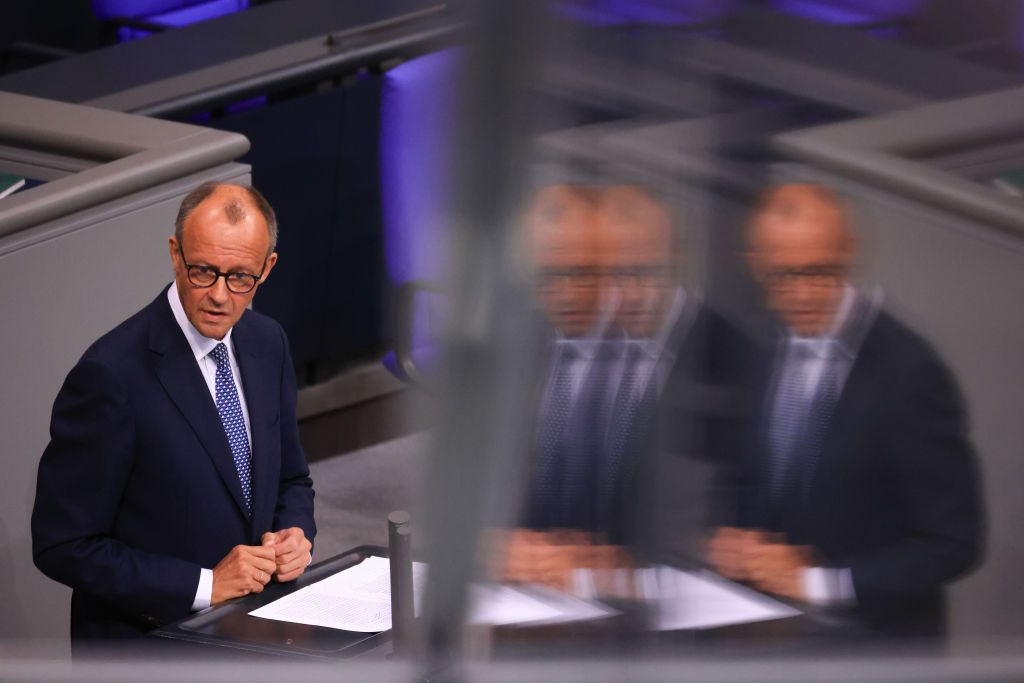Scholz blocks proposal for $3 billion arms package for Ukraine, Spiegel reports

German Chancellor Olaf Scholz has blocked a proposal for an additional military aid package for Ukraine worth 3 billion euros ($3.09 billion), Spiegel reported on Jan. 9, citing its undisclosed sources.
Under Scholz's leadership, Germany has become Ukraine's second-largest military donor after the U.S. The chancellor has nevertheless often been criticized for his cautious approach on some key issues, such as his refusal to provide Taurus long-range cruise missiles to Ukraine.
The new assistance plan, proposed by German Foreign Minister Annalena Baerbock, and German Defense Minister Boris Pistorius, was for additional weapons including three additional Iris-T air defense batteries, 10 howitzers, and more artillery ammunition, acording to Spiegel.
But Scholz claimed the existing allocation of 4 billion euros ($4.1 billion) for 2025, as well as funds from the $50 billion G7 loan financed by frozen Russian assets, should be sufficient, Spiegel reported.
Scholz also expressed concern that the new government could take on significant financial obligations after early federal elections in February if the package was allowed to go ahead.
Baerbock and Pistorius justified the need for the package by arguing that the combat situation in Ukraine was worsening, and that there was uncertainty about further U.S. support under Donald Trump's leadership.
Pistorius and Baerbock hoped to gain parliamentary support for their proposal before the federal elections, and presented their proposal as "a vital signal of Germany's unwavering support."
Despite Scholz's lack of support, Pistorius reiterated Germany's support during a meeting of the Ukraine Defense Contact Group, also known as Ramstein, on Jan. 9, according to Spiegel.
Pistorius announced the provision of nearly 50 guided missiles for the Iris-T air defense system.
The missiles, originally designed for the Bundeswehr, were redirected directly from production to Ukraine.












